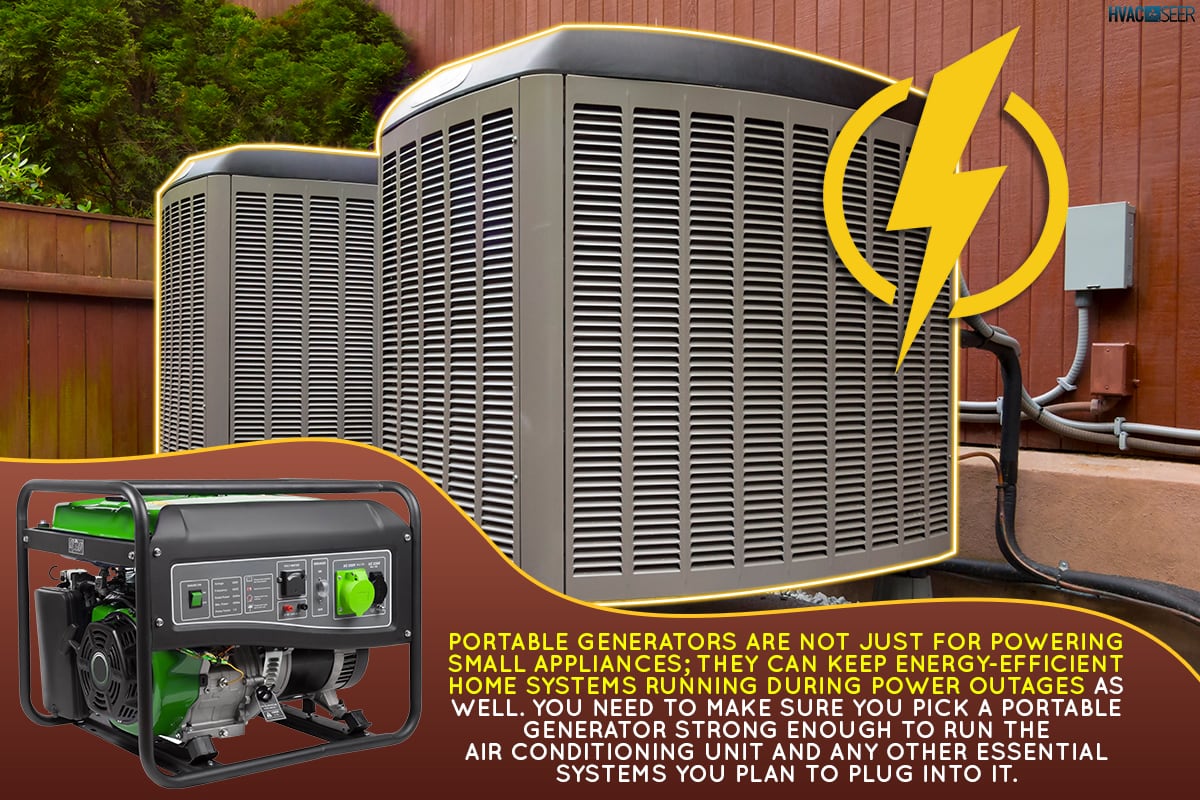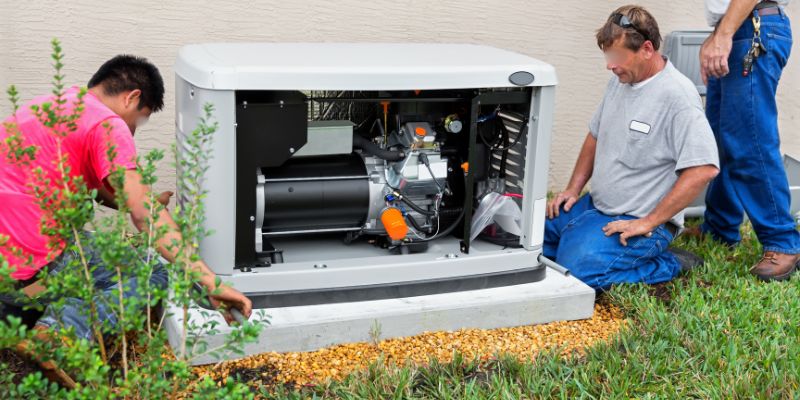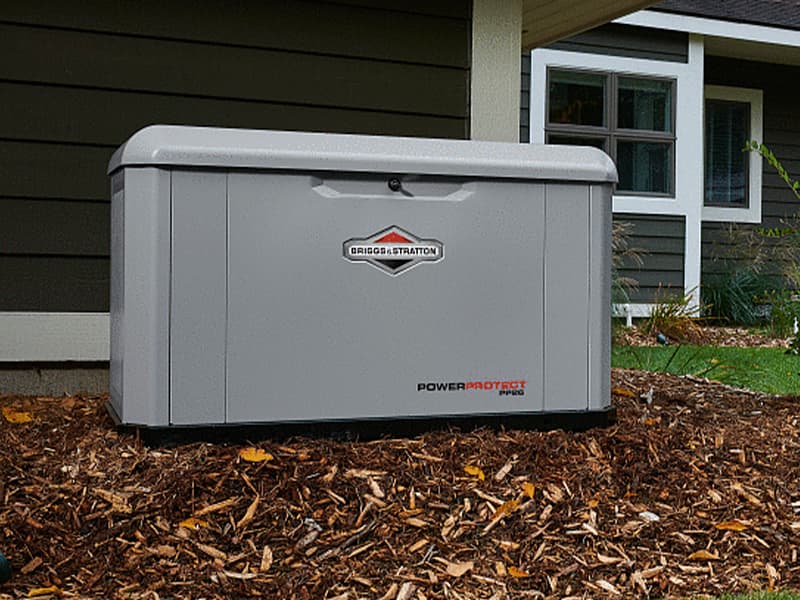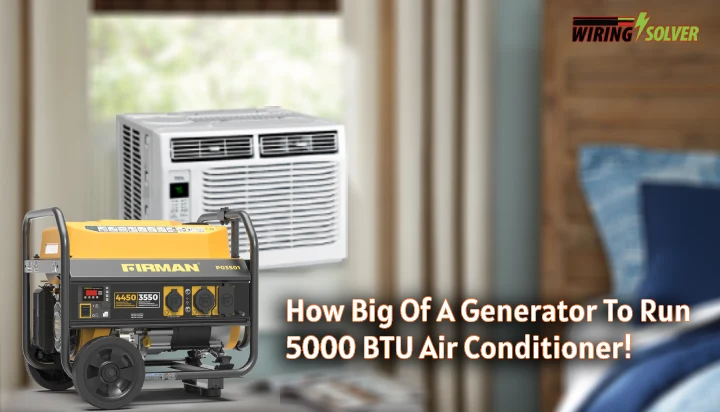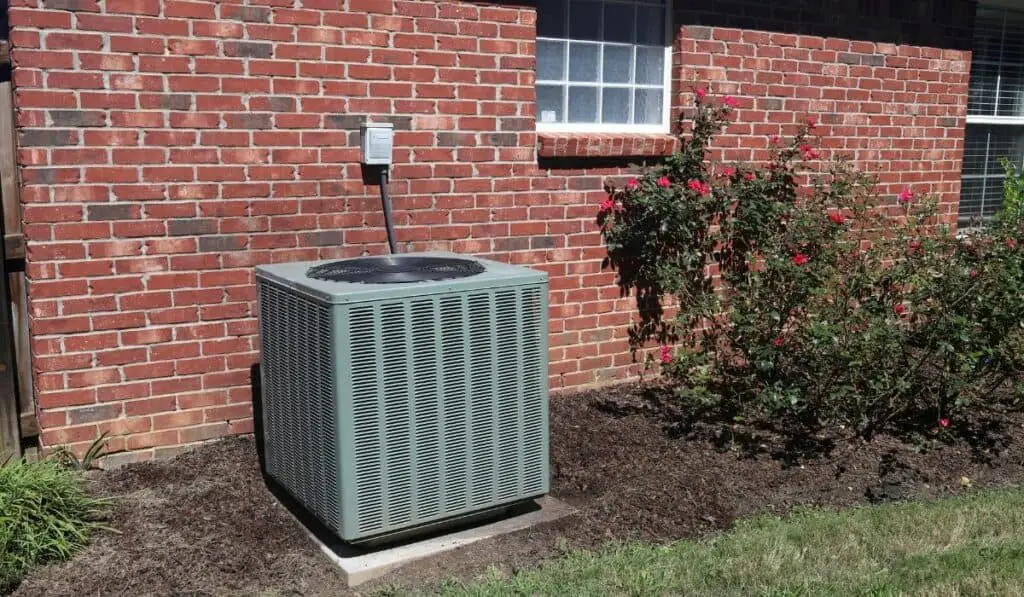Can A Whole House Generator Run Air Conditioner
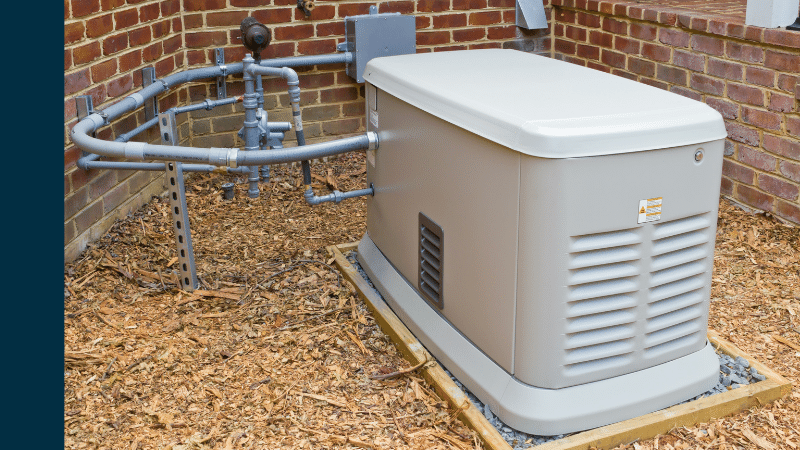
Losing power, especially during extreme weather, can be incredibly disruptive. A whole-house generator offers a solution by automatically providing electricity when the grid fails. One of the most common questions people have when considering a whole-house generator is: Can it run my air conditioner? The answer, as with many things, is "it depends." This guide will break down the factors that determine whether a generator can power your AC and what to consider when choosing a generator for this purpose.
Understanding Your Air Conditioner's Power Needs
To determine if a generator can run your air conditioner, you first need to understand the AC unit's power requirements. This is measured in watts and running amps.
Starting Watts vs. Running Watts
Air conditioners, like many appliances with motors, require a surge of power to start, significantly higher than the power they need to run continuously. This initial surge is called starting watts (or surge watts). Once the motor is running, it requires a lower, consistent level of power known as running watts.
Think of it like pushing a car. It takes a lot of initial effort to get the car moving (starting watts). Once it's rolling, you need less effort to keep it going (running watts).
Finding these values is crucial. Check the following:
- Nameplate on the AC Unit: The most reliable source is the nameplate on your air conditioner, usually located on the outdoor unit. It will list the voltage, running amps (RLA), and sometimes locked rotor amps (LRA) or starting watts.
- Owner's Manual: The owner's manual should also provide the necessary electrical specifications.
- Online Database: If you can't find the information on the unit itself or in the manual, you can often find it online by searching for the model number.
Converting Amps to Watts: If the nameplate only lists amps, you can calculate watts using the following formula:
Watts = Volts x Amps
In the United States, most residential air conditioners operate on 240 volts. So, if your AC unit draws 15 running amps, the running watts would be 240 volts x 15 amps = 3600 watts.
Determining Starting Watts from LRA: If the nameplate lists locked rotor amps (LRA), you can estimate starting watts. LRA is the current drawn when the motor is initially starting up. A common approximation is to multiply the LRA by the voltage. For example, if the LRA is 75 amps and the voltage is 240 volts, the estimated starting watts would be 240 volts x 75 amps = 18,000 watts. This is a rough estimate, and actual starting watts can vary, but it provides a good benchmark.
Generator Capacity: What Size Do You Need?
Once you know your AC unit's starting and running watt requirements, you can determine the appropriate generator size. It’s critical to choose a generator that can handle the starting wattage of your AC, plus the running wattage of all other essential appliances you want to power during an outage.
Calculating Total Wattage Needs
List all the appliances you want to run simultaneously during a power outage. Common essentials include:
- Refrigerator
- Lights
- Freezer
- Television
- Sump Pump
- Well Pump (if applicable)
- Air Conditioner (the largest power draw)
For each appliance, note its running watts. As with the AC unit, some appliances (like refrigerators and freezers) also have starting watt requirements. Add up the starting watts of the appliance with the highest starting watt requirement (usually the AC) to the running watts of all the other appliances to get your total starting wattage requirement.
Then add the running watts of all the appliances, including the AC unit, to get your total running wattage requirement. The generator must be able to handle both the peak starting wattage and the continuous running wattage.
Example:
- Air Conditioner: 18,000 starting watts, 3,600 running watts
- Refrigerator: 600 starting watts, 200 running watts
- Lights: 300 running watts
- Television: 150 running watts
- Sump Pump: 1,300 starting watts, 800 running watts
Total starting wattage = 18,000 (AC) + 200 (Refrigerator) + 300 (Lights) + 150 (Television) + 800 (Sump Pump) = 19,450 watts
Total running wattage = 3,600 (AC) + 200 (Refrigerator) + 300 (Lights) + 150 (Television) + 800 (Sump Pump) = 5,050 watts
In this example, you would need a generator with at least 19,450 starting watts and 5,050 running watts. It's wise to add a safety margin of around 10-20% to account for potential fluctuations and future needs. Therefore, a generator with around 21,000-23,000 starting watts and 5,600-6,100 running watts would be a good choice.
Generator Types and Fuel Options
Whole-house generators are typically powered by natural gas or propane. Natural gas is often the more convenient option if you have a natural gas line to your home because it eliminates the need for fuel storage. Propane requires a storage tank, but it can be more readily available in some areas. Diesel generators are also an option, but are more commonly used in commercial settings.
Automatic Transfer Switch (ATS)
A crucial component of a whole-house generator system is the automatic transfer switch (ATS). This device automatically switches your home's power source from the utility grid to the generator when it detects a power outage. When utility power is restored, the ATS automatically switches back to the grid. This ensures a seamless transition and prevents the generator from backfeeding power into the utility grid, which can be dangerous and illegal.
Soft Starters: An Option to Reduce Starting Load
One way to reduce the starting watt requirement of your air conditioner is to install a soft starter. A soft starter gradually increases the voltage applied to the AC motor during startup, reducing the inrush current (and therefore the starting wattage) significantly. This allows you to potentially use a smaller, less expensive generator.
How a Soft Starter Works:
Imagine trying to suddenly accelerate from a standstill in a car. You'd use a lot of gas and put a strain on the engine. A soft starter does the opposite; it eases the AC motor into operation, reducing the strain on the generator.
Soft starters can reduce the starting wattage of an AC unit by as much as 60-70%. If your AC unit normally requires 18,000 starting watts, a soft starter could reduce that to around 5,400-7,200 watts. This makes it much easier to run your AC with a smaller generator.
Important Note: Soft starters need to be professionally installed and may not be compatible with all AC units. Consult with a qualified HVAC technician or electrician to determine if a soft starter is right for your system.
Considerations for Multi-Zone AC Systems
If you have a multi-zone air conditioning system, you need to consider the power requirements of each zone. Some multi-zone systems have multiple compressors, each requiring its own starting wattage. In this case, you'll need a generator that can handle the simultaneous starting wattage of all the compressors you want to run at the same time.
Alternatively, you could choose to only power one or two zones during a power outage to reduce the generator size requirements. This may involve manually switching which zones are powered by the generator, or having an electrician configure the system to automatically prioritize certain zones.
Professional Installation is Key
Installing a whole-house generator is not a DIY project. It requires electrical and plumbing expertise and should be performed by a licensed and qualified professional. Proper installation ensures the generator operates safely and efficiently and complies with all local codes and regulations.
A professional installation will include:
- Proper sizing of the generator based on your specific needs.
- Installation of the automatic transfer switch.
- Connection to the fuel source (natural gas or propane).
- Grounding and bonding to ensure electrical safety.
- Testing and commissioning of the system.
Maintaining Your Generator
Once your generator is installed, it's important to maintain it properly to ensure it's ready to operate when you need it most. Regular maintenance includes:
- Checking the oil level and changing the oil as recommended by the manufacturer.
- Checking the coolant level (if applicable).
- Inspecting the air filter and replacing it if necessary.
- Checking the battery and ensuring it's properly charged.
- Running the generator periodically to ensure it's functioning correctly.
Most generator manufacturers recommend scheduling annual maintenance with a qualified technician. This will help identify and address any potential problems before they become major issues.
Conclusion: Choosing the Right Generator for Your Needs
In summary, yes, a whole-house generator can run your air conditioner, but only if it's sized appropriately to handle the starting and running wattage requirements. Understanding your AC unit's power needs, calculating your total wattage requirements, and considering options like soft starters are crucial steps in choosing the right generator. Remember that professional installation and regular maintenance are essential for safe and reliable operation.
By carefully considering these factors, you can ensure that your whole-house generator will provide you with the peace of mind of knowing that you can keep your air conditioner running during a power outage, keeping your home comfortable even in the most extreme weather conditions.

